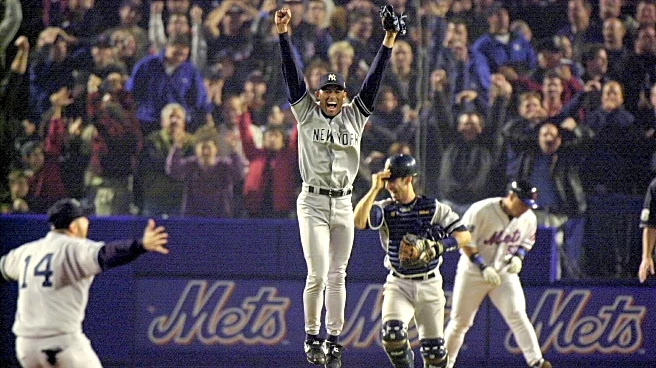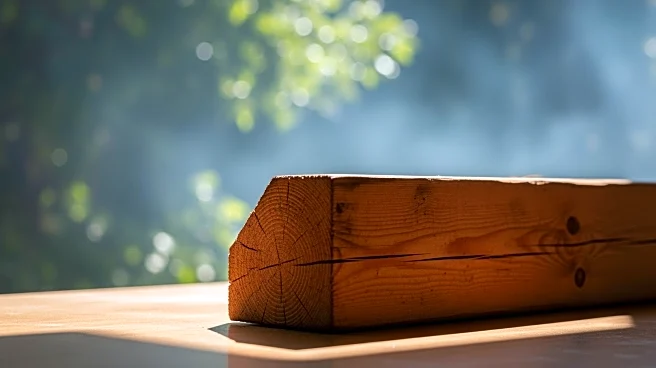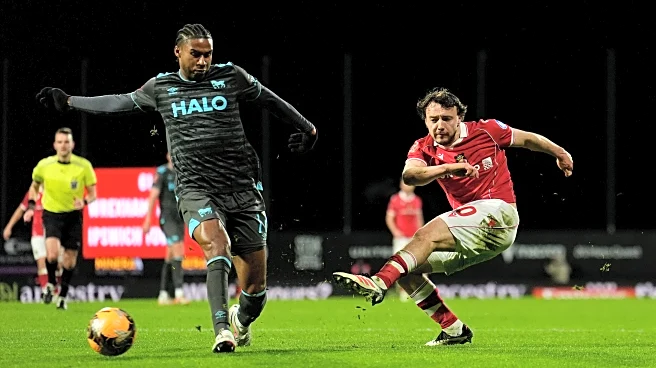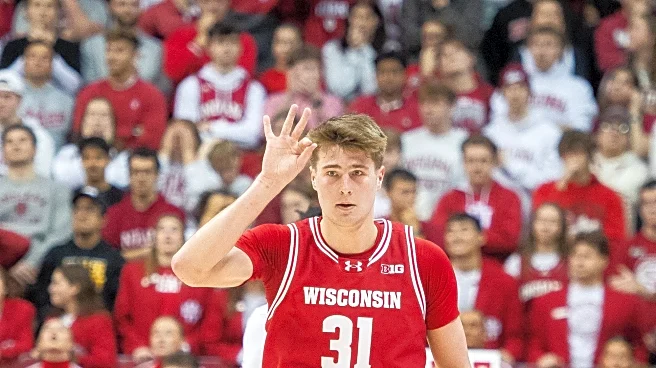Several years back, Buster Olney, the former Yankees beat writer for the New York Times and a professor emeritus of baseball journalism, wrote a book called The Last Night of the Yankee Dynasty . If you
haven’t already, you should read it. In his telling, the Yankee dynasty ended in the Arizona desert in 2001, when the Yankees fell to the Diamondbacks in Game 7 of one of the greatest World Series ever played.
But perhaps the dynasty truly ended a year earlier, when Bernie Williams chased down a long fly ball off the bat of Mike Piazza for the 27th and final out of Game 5 of the Subway Series against the crosstown Mets. When that ball nestled in Bernie’s glove, the Yanks clinched their third consecutive World Series — a feat that hasn’t been matched in the last 50 years of baseball. Hell, no one has even repeated since then.
Little did we know at the time that the 2000 title would be the penultimate one for the Yankees as I currently sit, metaphorically putting pen to paper to reflect. And that’s heartbreaking for any number of reasons. But one of them is that the immediate post-2000 years featured some of my favorite Yankee moments.
I don’t care how the 2001 World Series ended (OK, I do, but you know what I mean). That, in my humble estimation, is the single greatest Fall Classic ever played. The historical context of the series taking place among the tragedy and grief of post-9/11 New York City. President Bush striding out to the mound prior to Game 3 at Yankee Stadium to throw out the first pitch with a bulletproof vest under his jacket and Secret Service agents both on the field and atop the Stadium. The improbable, mind-boggling comebacks starring Tino Martinez, Derek Jeter, Scott Brosius, and Alfonso Soriano, making an entire generation of baseball fans wonder if there actually were ghosts at Yankee Stadium.
Two years later, The Aaron Boone Game banished Boston in Game 7 of the ALCS. For Yankees fans, the bottom of the eighth that night has to be on the short list of the greatest innings the team has ever played. For Boston fans, surely one of the most soul-crushing.
That the Yankee dynasty was certainly over by 2003 and arguably over prior to the 2001 World Series is irrelevant. And honestly, those seismic events should make us appreciate the 1996-2000 teams even more, as they claimed four titles in five years, and three in a row. This is historic even in the broader sports world. No NFL team has ever won three consecutive Super Bowls. The 2000-02 Lakers of Shaq and Kobe are the only NBA team to accomplish that feat in that time, as LeBron James’ Game 7 win with the Cavaliers in 2016 prevented the Warriors from doing so from 2015-18; they had to settle for three in four years. No NHL team has turned the trick since Denis Potvin and Mike Bossy’s New York Islanders won four in a row between 1980-83.
A renewed and increased appreciation for the 1998-2000 Yankees is my single biggest takeaway after we at Pinstripe Alley have spent the last three years revisiting and chronicling the last version of the Yankee dynasty (for now). The defeats and failures, and the one championship in 2009, since the end of that dynasty make those teams even more special.
The 1998 Yankees were a juggernaut. Unstoppable, indefatigable, relentless… inevitable. It was readily apparent for the vast majority of the ‘98 season that the coronation of baseball’s next champions was, barring an Act of God, a mere formality. When the postseason arrived, they did little to disabuse that notion, mostly running roughshod over the best teams in baseball the same way they trampled their competition during the 162-game regular season marathon.
The ‘99 Yankees, on the heels of their historically dominant predecessor, did not achieve the same legendary supremacy and honestly no one should have expected them to. They began the season missing their manager Joe Torre, battling cancer, with bench coach Don Zimmer filling in. Even after Torre’s return, they were not quite the same club that won 114 games a season earlier.
Still, they led the American League with 98 wins to beat out Boston for the AL East again, and then proceeded to post an even more impressive October than their record-setting predecessors. They lost only one game all month long, again dusting the Rangers in three and taking down the Red Sox in a five-game ALCS before turning their 1996 World Series rematch with Atlanta into a rout. They swept away the Braves to finish the “Drive for 25” with their 25th championship. It was an 11-1 postseason, matched only in the Wild Card Era by the 2005 White Sox. The Dodgers have steamrolled through the 2025 playoffs, but their World Series Game 1 loss meant that even they won’t approach this mark.
Then came the 2000 Yankees, who were touted as the first of the new millennium. If the ‘98 Yankees were unavoidable and the ‘99 Yankees were relentlessly stalwart, the 2000 Yanks often looked like pale imitations of the two clubs that had vanquished all comers. An absolutely brutal September slump that saw them drop 15 of their last 18 games left an entire fanbase wondering if this club had the chops to pull off the three-peat.
Obviously, they emerged from their trials victorious — with the Mets the final guardians, no less. But it was no sure thing. Another inflection point. How do the two New York franchises’ fates look if the Metropolitans slay the kings in 2000? I don’t even want to imagine The Boss’ reaction.
Given how the 2000 season went, with the Yankees often looking out of gas and out of answers, only to rise to the occasion one last time when it mattered most… the last night of the Yankee dynasty, indeed. It turns out the barbarians were already at the gates, so to speak.
But this is “forest for the trees” stuff. The 2000 Yankees were World Series champions, like the two iterations of the club that came before them — the best in the world and eminently deserving of the in-depth treatment that our team of exceptional writers gave them these past months.
With a quarter-century (or more, depending on which of the three teams you’re thinking about) of distance, often, the broad strokes are all that survive the ravages of memory.
David Wells’ and David Cone’s perfect games. Health scares for Torre, Darryl Strawberry, and Mel Stottlemyre. A rookie El Duque saving the season in the 1998 ALCS. Repeated tragedy striking Scott Brosius, Luis Sojo, and Paul O’Neill, all of whom lost their fathers within a two-month period at the end of the 1999 campaign and into the playoffs. Derek Jeter’s All-Star Game MVP in 2000. David Justice getting the tokens ready for Roger Clemens and Mike Piazza in Game 2 of the 2000 Subway Series. These are burned into my brain, at least, and likely the brains of countless other Yankee fans of a certain age.
One of the greatest things I think this project did was take us as writers and fans back into the weeds. The historical treatment we’ve given these three teams hopefully reminded everyone of events and people they may have forgotten. I know it did that for me. Did I remember that Clay Bellinger was a Yankee long before his son donned pinstripes? Yes. Did I remember his extra-innings home run early in 2000 that got Mo off the hook for a rare blown save? Absolutely not. Until I wrote about it.
Likewise, it completely escaped my memory until I wrote about one of his few starts in pinstripes that Jake Westbrook was a Yankee, until New York sent him to Cleveland in the trade that brought David Justice to the Bronx, Him, I remembered, given the absolute heater he went on in pinstripes.
It wasn’t always fun to write about. Exhibit A: Chuck Knoblauch. For anyone who didn’t get to see Knoblauch play before everything went south for him, he was a fantastic ball player. From the time he broke into MLB with the Twins, he could do it all, though he was admittedly never much of a home run threat. One of the mercies of time is that I’d mostly forgotten watching him defensively disintegrate. Until I had to write about it. Despite it all, he had a key moment of World Series redemption.
Another one that was no fun: Cone’s 2000 season. Again, I’d mostly forgotten how bad Coney was during his final season in the Bronx, especially considering how reliable he’d been the previous four and a half seasons. There’s a reason he made PSA’s list of the Top 100 Yankees of All-Time. I found absolutely no pleasure in walking down memory lane and rehashing Cone’s 2000 regular season. But hey. We’ll always have Game 4.
There were other odd, yet fun, nuggets. It completely escaped my historical memory that David Wells, if his on-field performance was any indication, took the trade from New York to Toronto personally. For his career, Boomer was 19-11 against the Yanks, with a 3.09 ERA in 244.2 innings. When you dig into his 1999 and 2000 game logs, a story becomes clear. The Yankee offense had success against him in his first two starts against New York, but then he really hit a stride. Boomer’s next outing was an eight-inning complete game in a tough luck loss. Then a nine-inning complete game win, allowing only one run.
Then 2000 arrived. In his first start against the Yanks, one run over five frames. Then, months later, he made back-to-back starts as the Blue Jays chased a playoff spot. 17 innings, two runs, no walks, 12 strikeouts, capped by a complete game. As Buster said in the Times after that last start: “David Wells is the relentless suitor and the Yankees are the first love who broke his heart.”
I’m a Yankees fan first and a baseball fan second and it has been that way for a long time. So, it’s no surprise that I had forgotten a truckload about teams other than the Yankees. For example, intellectually I knew that Cleveland was a good team from the mid-‘90s into the early aughts. But holy cow, I’d forgotten how ridiculous that offense was. Those Cleveland teams were not playing “Guards Ball.”
Case in point: the lineup they sent out against the Yankees on September 16, 2000. Kenny Lofton and Omar Vizquel at the top. Manny Ramirez, one of the great right-handed bats of all-time hitting cleanup, sandwiched between Hall of Famer Roberto Alomar and Hall of Famer Jim Thome. David Segui and Travis Fryman hitting sixth and seventh, each of whom ended the game with an identical .905 OPS. The Yankees won that game, 6-3, behind a 98-pitch complete game from El Duque. But how in the world did anyone navigate a lineup like that?
I could keep going but I’m on a pitch count of sorts, so those anecdotes will have to communicate my point. I won’t speak for our other writers but I suspect they too (re)learned new things about these former versions of the Yankees who have taken on almost mythic importance in the long lore of baseball’s most storied franchise, or about baseball in general that they may have lost to the ravages of time.
There were other perks to this project. We began in the spring of 2023, with our treatment of the ‘98 Yankees, inarguably one of the greatest teams in baseball history. When the calendar turned to June and the ‘23 Yanks entered the seemingly annual summer swoon recent clubs have endured—one that lasted three months that season—we at least had the ‘98 team to remind us of better times as it became apparent 2023 was lost. When Aaron Judge injured his toe at stupid Dodger Stadium and the sinking realization set in that he was out for a while, we could lose ourselves in the amazing ‘98 seasons Jeter and Bernie Williams put together, the latter also sidelined for a chunk by injury.
For me, the dynasty ended that night at Shea Stadium. Piazza’s long fly ball settling into Bernie’s glove brought to a close the denouement. The years that followed, with the Yanks coming tantalizingly close in ‘01 and ‘03 were codas. The main story was over. But it was a hell of a story — one that baseball in general and New York specifically have not come close to replicating.
I hope readers have enjoyed revisiting the last Yankee dynasty as much as I, and I’m sure our other writers, enjoyed penning these stories. If the baseball gods are kind, perhaps the next Yankee dynasty is on the horizon.
Read the full 2000 Yankees Diary series here.










